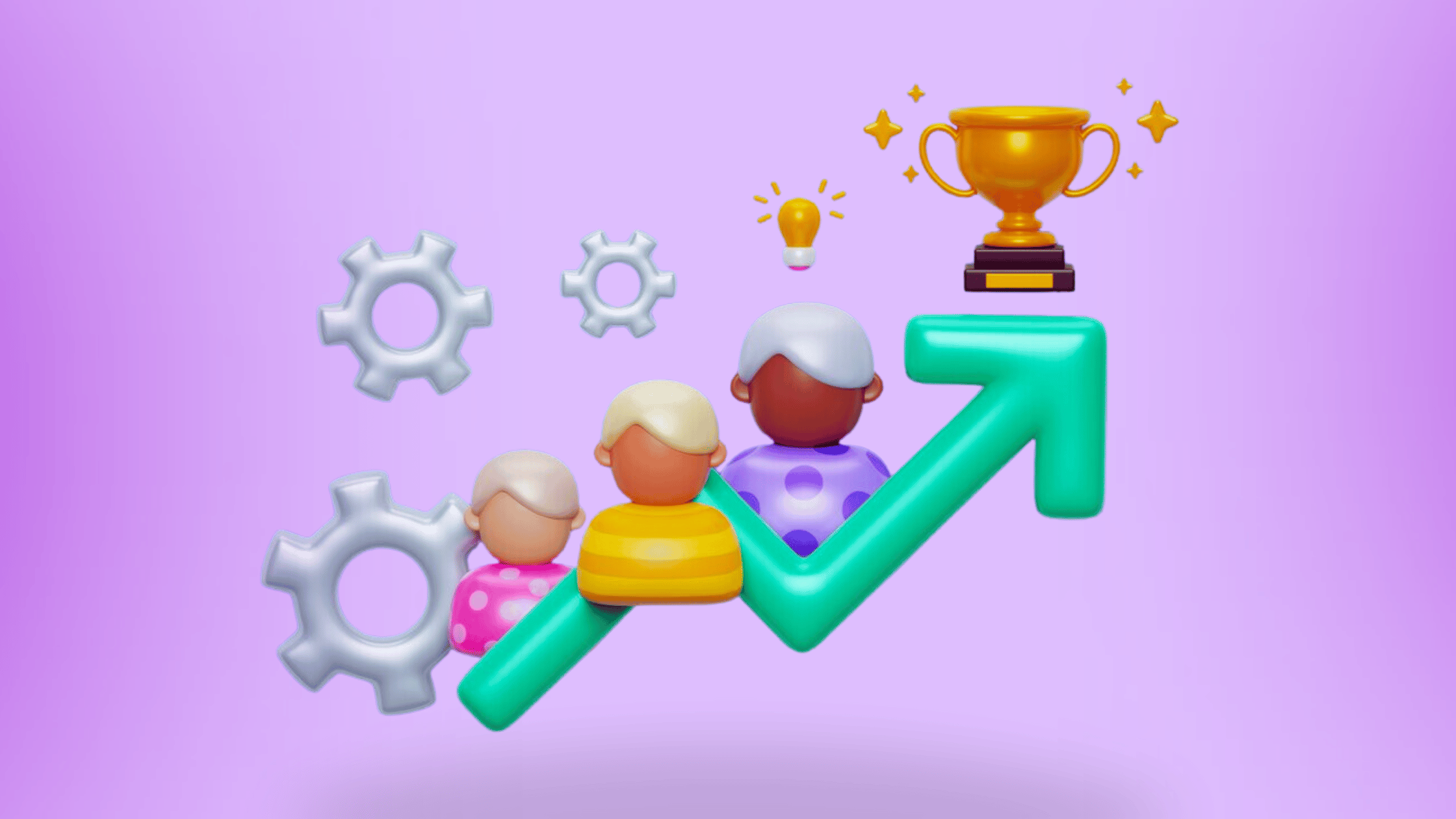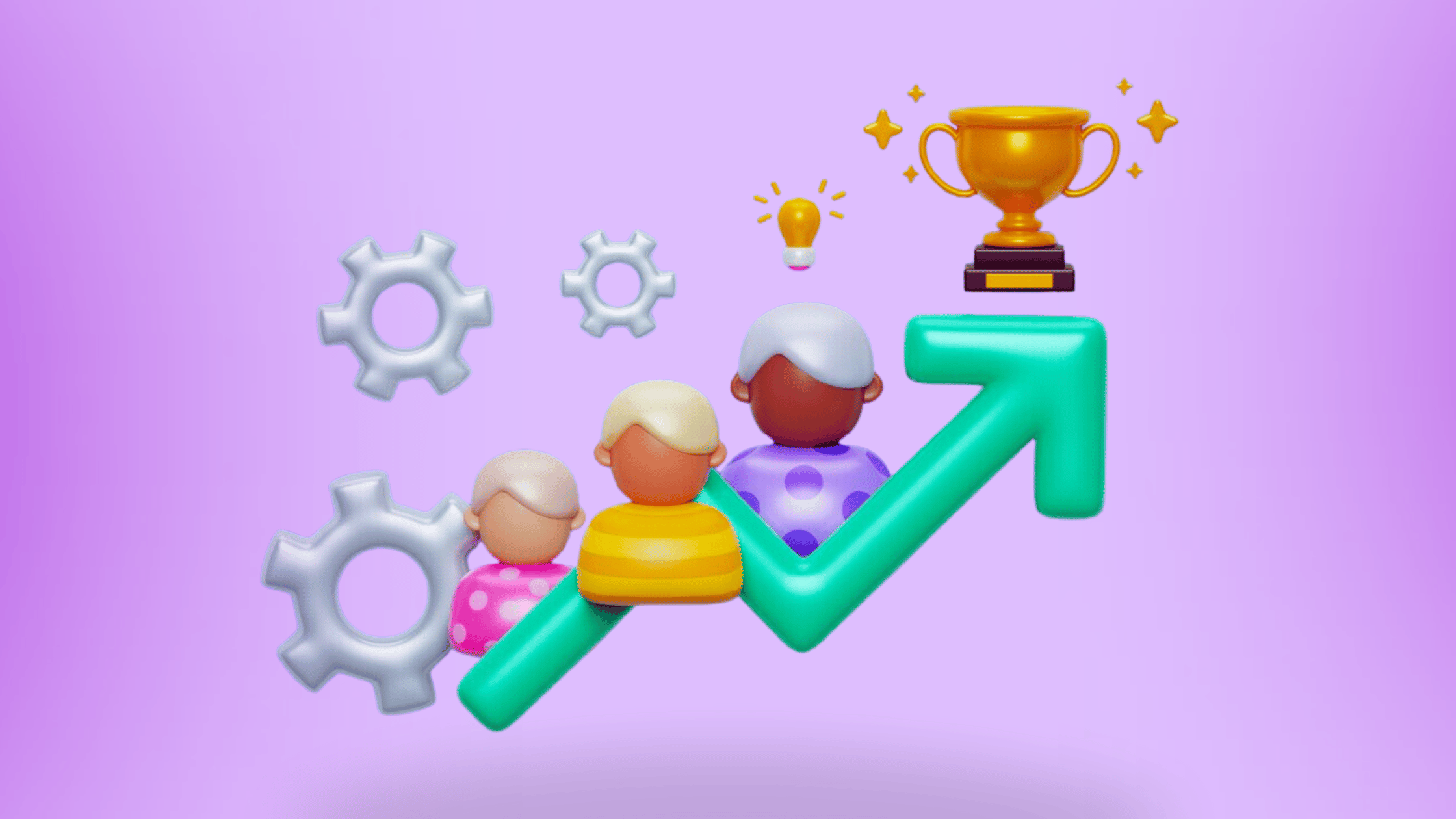In today’s fast-paced business landscape, providing exceptional customer experiences is no longer a nice-to-have, but a necessity for companies looking to stay competitive. Customer experience (CX) has become a key differentiator, with 86% of buyers willing to pay more for a great customer experience.
To deliver outstanding CX, organizations need skilled professionals who possess a unique set of skills and expertise. In this article, we will explore the seven must-have skills that every customer experience professional should possess.
What is Customer Experience?
Customer experience refers to the overall impression and perception customers have about a company based on their interactions across various touch points throughout the buyer’s journey.
It encompasses every interaction, from marketing and sales to post-purchase support. A seamless and positive customer experience fosters loyalty, drives repeat business, and ultimately leads to increased revenue.
Why is Customer Service Important?

Customer service plays a vital role in shaping the overall customer experience. It involves providing assistance and support to customers before, during, and after their purchase. When customers receive prompt, personalized, and effective support, they feel valued and satisfied. On the other hand, poor customer service can lead to frustration and dissatisfaction.
Good customer service is crucial for several reasons:
- Customer Retention: Happy customers are more likely to remain loyal to a brand.
- Brand Advocacy: Satisfied customers become advocates for the brand, promoting it through word-of-mouth recommendations.
- Competitive Advantage: Exceptional customer service sets a company apart from its competitors.
- Revenue Growth: Customers who have positive experiences are more likely to make repeat purchases and spend more.
What are the Principles of Good Customer Service?
To provide excellent customer service, professionals should adhere to certain principles that guide their interactions with customers:
- Responsiveness: Promptly address customer inquiries or concerns to show that their needs are a priority.
- Personalization: Tailor interactions with individual customers, making them feel valued and understood.
- Empathy: Understand and empathize with customers’ emotions, demonstrating that their concerns are heard and acknowledged.
- Consistency: Provide a consistent level of service across all channels and touchpoints to build trust and reliability.
- Problem-solving: Actively work towards finding solutions to customer issues rather than offering generic responses.
- Proactivity: Anticipate customer needs and offer proactive assistance to enhance their experience.
- Continuous Improvement: Regularly evaluate processes and seek feedback to identify areas for improvement.
- Knowledgeability: Being well-informed about the company’s products, services, policies, and industry trends enables CX professionals to provide accurate and relevant information to customers.
By adhering to these principles, organizations can deliver exceptional customer service that leads to positive experiences.
Top Skills for Customer Experience Professionals
To excel in the field of customer experience management, professionals need a versatile skill set that combines strategic thinking, data analysis, communication prowess, relationship-building abilities, project management acumen, empathy, listening skills, and adaptability. Let’s explore each of these skills in detail.
1. Strategic Outlook
Customer experience professionals should possess a strategic outlook that aligns CX initiatives with business goals. They need to understand the company’s vision, mission, and values to craft a customer-centric strategy that drives positive outcomes. This involves:
- Understanding the target audience: Conducting market research and gathering insights about customer preferences, pain points, and expectations.
- Setting clear objectives: Defining measurable goals aligned with business objectives to guide CX initiatives.
- Developing a roadmap: Creating an actionable plan with milestones and timelines for implementing CX strategies.
- Monitoring progress: Tracking key performance indicators (KPIs) to measure the effectiveness of CX initiatives.
A strategic outlook allows professionals to make informed decisions based on data-driven insights while keeping long-term goals in mind. Example: Imagine you are a CX professional working for an e-commerce retail company. By analyzing customer data, you discover that many customers abandon their carts during the checkout process.
Instead of simply addressing this issue at face value, you take a strategic approach by identifying potential reasons for cart abandonment (such as complicated checkout process, hidden fees, or lack of payment options).
You then propose solutions that not only resolve these pain points but also align with the company’s long-term goals (such as optimizing the checkout process for a seamless customer experience and implementing a loyalty program to encourage repeat purchases).
2. Data-Driven Mindset

In today’s digital age, customer experience professionals must be proficient in leveraging data to drive decision-making. They should possess a data-driven mindset that allows them to:
Analyze customer feedback: Collect and analyze customer feedback through surveys, social listening tools, and other channels to gain valuable insights.
Identify trends and patterns: Use data analysis techniques to identify trends and patterns in customer behavior and preferences.
Personalize experiences: Utilize customer data to deliver personalized experiences tailored to individual needs and preferences.
Measure performance: Establish metrics and monitor KPIs to evaluate the effectiveness of CX initiatives.
By harnessing the power of data, professionals can make informed decisions, optimize CX strategies, and continuously improve the customer experience.
Example: Let’s say you work as a CX professional for a telecommunications company. By analyzing customer data, you discover that a significant number of customers complain about network coverage issues in certain areas.
Armed with this information, you collaborate with the technical team to identify the root cause of the problem and develop targeted solutions that improve network reliability in those areas. Furthermore, you use data analytics to measure the impact of these improvements on customer satisfaction.
3. Communication and Storytelling
Effective communication is essential for building strong relationships with customers and internal stakeholders. Customer experience professionals should possess excellent communication skills, including:
Active listening: Paying attention to customers’ needs and concerns to provide personalized solutions.
Clear articulation: Expressing ideas and information clearly and concisely to ensure understanding.
Persuasive storytelling: Crafting compelling narratives that resonate with customers, evoking emotions and driving engagement.
Collaboration: Working collaboratively with cross-functional teams to align CX efforts across the organization.
By mastering communication skills, professionals can build trust, foster engagement, and create memorable experiences for customers. Example: As a CX professional working for a SaaS company, you are tasked with implementing a new self-service support portal.
Instead of simply sharing technical specifications or instructions with the development team, you craft a persuasive story that highlights the benefits of the new portal for both the company (reduced support costs) and customers (faster resolution times).
By using storytelling techniques such as relatable characters or real-life scenarios, you engage the development team’s emotions and inspire them to create an exceptional user experience.
4. Relationship Building
Building strong relationships with customers is crucial for delivering exceptional experiences. Customer experience professionals should excel in relationship building by:
- Developing empathy: Understanding customers’ perspectives, emotions, and pain points to build a deeper connection.
- Anticipating needs: Proactively identifying customer needs and providing relevant solutions before they arise.
- Cultivating trust: Acting with integrity, transparency, and consistency to establish trust-based relationships.
- Managing challenging situations: Resolving conflicts or difficult interactions with diplomacy and professionalism.
Nurturing strong relationships enables professionals to enhance customer loyalty, drive advocacy, and inspire long-term engagement. Example: Imagine you work for a hospitality company as a CX professional. A guest reaches out with a complaint about their recent stay at one of your hotels.
Instead of simply processing their complaint as a transaction, you take the time to actively listen, understand their perspective, and empathize with their experience. By demonstrating genuine care and taking ownership of the issue, you not only resolve the complaint but also turn the guest’s negative experience into a positive one. This not only saves the customer relationship but also potentially turns them into loyal advocates for your brand.
5. Project Management and Process Simplification
Customer experience professionals often work on cross-functional projects that involve multiple stakeholders and processes. Strong project management skills enable them to:
- Define project scope: Clearly outline the goals, deliverables, timelines, and resource requirements of a CX project.
- Coordinate activities: Collaborate with teams across different departments to ensure smooth execution of CX initiatives.
- Monitor progress: Regularly assess project status, identify bottlenecks, and implement corrective measures to stay on track.
- Streamline processes: Simplify complex processes to reduce friction points and improve overall customer experience.
By effectively managing projects and simplifying processes, professionals can ensure the seamless delivery of exceptional customer experiences. Example: Suppose you are a CX professional working for an insurance company tasked with implementing an omni-channel customer support system.
This project involves coordinating efforts across various departments (such as IT, customer service, and marketing) to integrate different communication channels seamlessly. By applying project management principles such as creating a detailed timeline, defining clear roles and responsibilities, and conducting regular progress meetings, you ensure that the project stays on track and meets its objectives within the set timeframe.
6. Empathy and Listening Skills
Empathy is a critical skill for understanding customers’ emotions, needs, and expectations. Customer experience professionals should possess empathy by:
- Active listening: Paying attention to verbal and non-verbal cues to understand customers’ underlying concerns.
- Putting oneself in the customer’s shoes: Adopting a customer-centric mindset to see things from their perspective.
- Showing compassion: Demonstrating genuine care and concern for customers’ challenges or frustrations.
- Providing solutions: Offering tailored solutions that address customers’ specific needs and pain points.
By practicing empathy and actively listening to customers, professionals can create personalized experiences that resonate with their audience. Example: Let’s say you work as a CX professional for a healthcare organization. During an interaction with a patient who has experienced delays in receiving medical test results, you actively listen to their concerns without interruption.
By demonstrating empathy and acknowledging their frustration, you build rapport and trust with the patient. You then take immediate action by escalating the issue to the relevant department and providing updates to the patient throughout the resolution process. This not only resolves the patient’s issue but also strengthens their trust in your organization.
7. Adaptability
The business landscape is constantly evolving, requiring customer experience professionals to be adaptable in the face of change. They should possess the ability to:
- Embrace new technologies: Stay updated with emerging trends and technologies in CX to leverage innovative tools.
- Respond to market shifts: Adapt strategies quickly based on changing market dynamics or customer preferences.
- Learn continuously: Seek opportunities for professional development through industry events, webinars, or training programs.
- Think creatively: Identify novel approaches or solutions that can enhance the customer experience.
Adaptability enables professionals to navigate challenges, seize opportunities, and continuously improve their CX strategies. Example: Suppose you work as a CX professional for a travel agency during the COVID-19 pandemic.
As travel restrictions and guidelines change frequently, you need to adapt your strategies to accommodate these shifts effectively. By proactively updating customers on travel advisories, offering flexible booking options, and providing virtual travel experiences, you demonstrate your ability to adapt to challenging circumstances while still delivering exceptional customer experiences.
Conclusion
Delivering exceptional customer experiences requires a diverse skill set that encompasses strategic thinking, data analysis, effective communication, relationship building, project management, empathy, and adaptability.
By developing these skills, customer experience professionals can drive customer loyalty, advocacy, and revenue growth. Embracing these must-have skills positions professionals as true CX experts who can orchestrate unforgettable experiences for customers in today’s competitive business landscape.
Get in touch with the experts at Konnect Insights to learn more about the skills needed for an experienced customer experience professional.






























